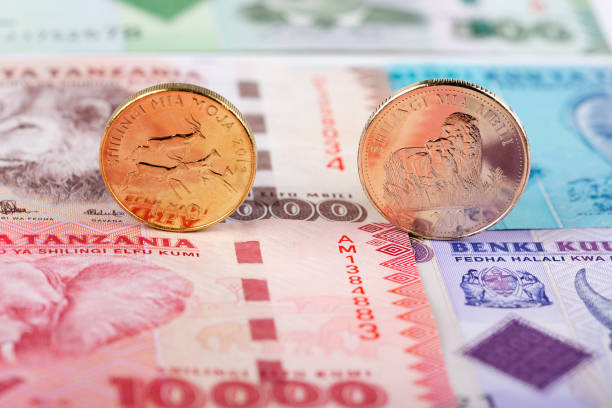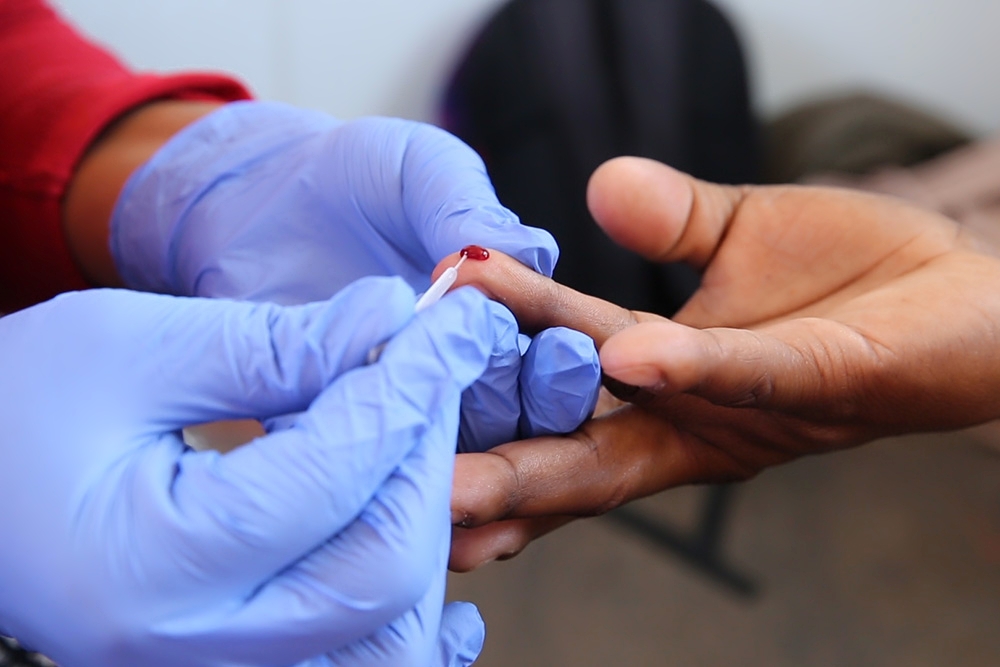Halotel reveals secret behind telecom firm’s fast expansion

Halotel Tanzania managing director Le Van Dai speaks during an interview with The Citizen last week. PHOTO | OMAR FUNGO
What you need to know:
Going by Tanzania Communications Regulatory Authority (TCRA) figures, Halotel – which started its operations in the country two years ago – has managed to register a total of 3.5 million voice subscribers during the period.
Dar es Salaam. Halotel Tanzania is currently one of the fastest growing telecommunication companies in the country and its management believes the expansion is purely a result of its business strategy of focusing on the poor communities.
Going by Tanzania Communications Regulatory Authority (TCRA) figures, Halotel – which started its operations in the country two years ago – has managed to register a total of 3.5 million voice subscribers during the period.
Until March 31, 2017, the two-year old company commanded a subscriber market share of nine per cent, outsmarting Zantel and Tanzania Telecommunication Company Limited – which have existed for over a decade – and Smart.
Halotel is now in the fourth position behind market leader, Vodacom, Tigo and Airtel.
“Basically, our growth is anchored in our strategy of focusing on poor rural communities. We also bank on the hard working spirit of our people,” the managing director, Le Van Dai, told The Citizen in an interview last week.
Halotel plans to invest $1.7 billion in Tanzania and latest updates show that at least $700 million of the planned investment has already been injected into the economy.
With the investment Halotel now covers 95 per cent of Tanzania. “Our network is now available in at least 3000 villages that did not receive any telecommunication signal before we came,” he said.
At a time when telecommunication companies are increasingly focusing on mobile money and data, Halotel says it is taking the challenge and would invest accordingly.
“Ours is a fast changing industry. If you operate for six months without investing more cash, consider yourself gone. Your competitors will invest in issues that matter during that particular time and outwit you. We pay attention to what is happening in the market,” he said.
Its mobile money (Halopesa) and data platforms are already active. The focus, he said, is now much on how to bringing added services to its Halopesa products.
“We have a comprehensive strategy with our Halopesa strategy which goes in line with the government’s wider financial inclusion scheme,” he said, adding that in partnership with other financial institutions, the focus now is to see clients getting loans through Halopesa.
Network expansion
A few weeks ago, Halotel announced that it would inject $100 million (about Sh223 billion on the prevailing exchange rate) in network expansion and service improvement in the move to grab an increased pie of both data and voice communication market.
It said that the aim would be ensure that it increases the number of its active Sim cards in the market to seven million by the end of this year.




